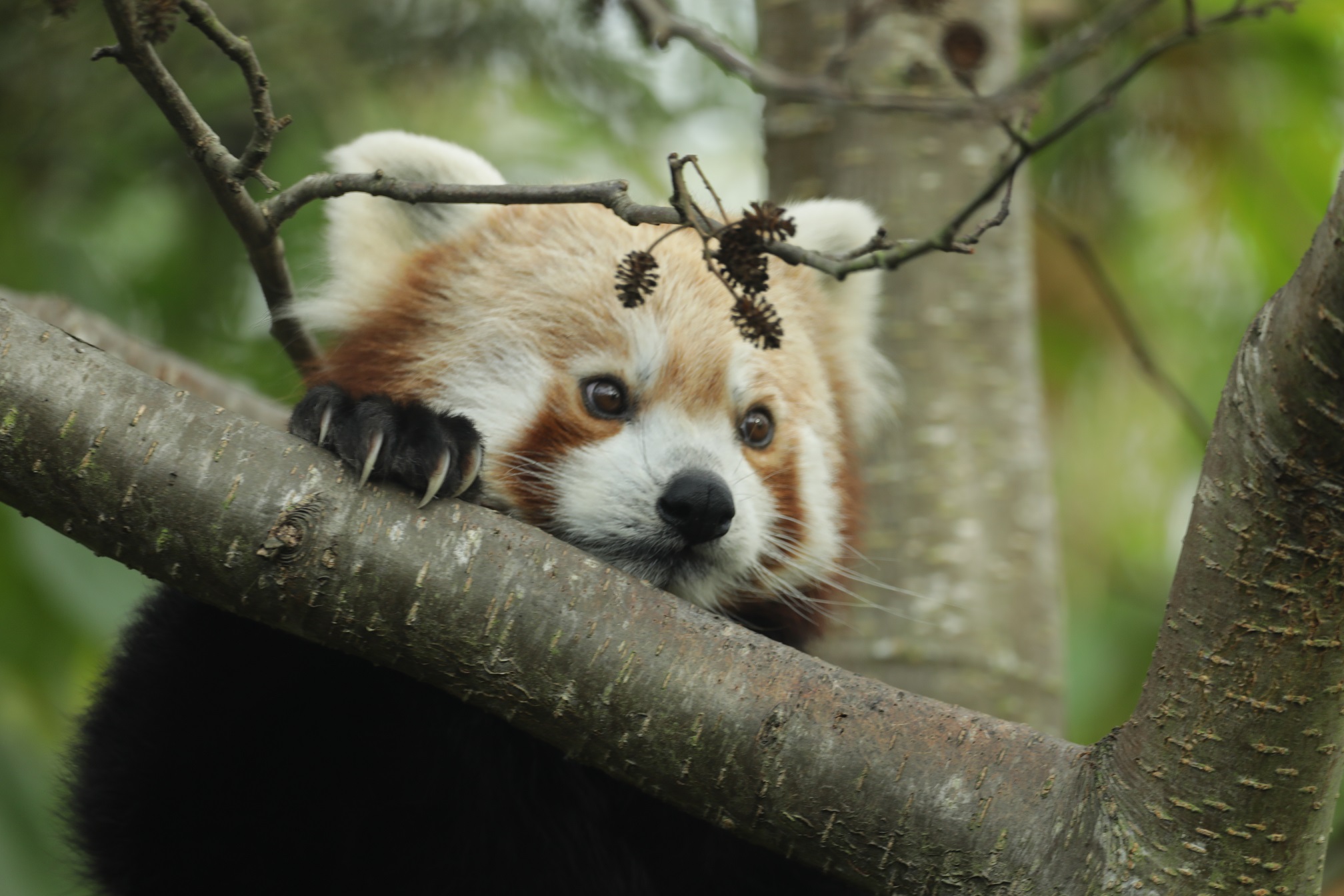Rethinking hybrids in biodiversity conservation
Posted 20 Nov 2025

A new publication in Conservation Letters is prompting researchers around the world to reconsider how hybrid species are viewed in biodiversity conservation. The study, co-authored by RZSS WildGenes' Dr Alex Ball, argues that traditional assumptions about hybrids being inherently harmful are no longer supported by modern science, and calls for a more “science-based, reflective, and context-dependent management of hybrids.”
The authors hope this study will help shift the status quo away from the common default assumption that hybrids are harmful to biodiversity conservation and genetic biodiversity in particular. Hybrids can exist in a grey area for what scientists consider a separate species or subspecies. In addition, hybrids often have little legal recognition in conservation policy and the IUCN largely omits hybrids from their infamous Red List.
In search of nuance, the researchers acknowledge that hybridisation can be obscure and problematic in some cases, through many avenues such as displacing rare and native populations and by creating sterile offspring. The challenge for scientists and conservation managers arises when trying to discriminate between hybrids that are potentially beneficial to biodiversity conservation and those that may harm populations in the long run.
Hybrids may offer a solution to help certain species adapt to rapidly changing environments around the world. The researchers provide multiple perspectives on the variety of hybrids that exist. ”Hybrids should be considered through a more objective lens”, says Dr Alex Ball. “They may sometimes have negative consequences but as we are developing better analyses and genetic tools, several studies suggest that hybrids have played important ecological and evolutionary roles throughout time”.
The study suggests a practical framework for hybridisation in conservation policy and management. This framework can help guide decision-makers to use an impacts-based approach to determine what types of actions should be taken to increase the benefits and minimise the harms of hybrids for conservation. In addition, the authors sought to establish some practical guidelines to help nature managers and conservation practitioners define hybrids, as historically these black sheep of biology have not always been straight forward to recognise. Furthermore, recognising in which context hybrids can arise is crucial for understanding how hybrids have shaped genetic diversity, influenced ecosystems, and the role human activity has played in their origins.
RZSS WildGenes has been at the forefront of assessing the impacts of hybridisation on a case-by-case basis, and works on multiple species where hybridisation has been discovered as a key dimension impacting the road to species recovery, including the Siamese crocodile, African penguin and European wildcat.
Read the study
